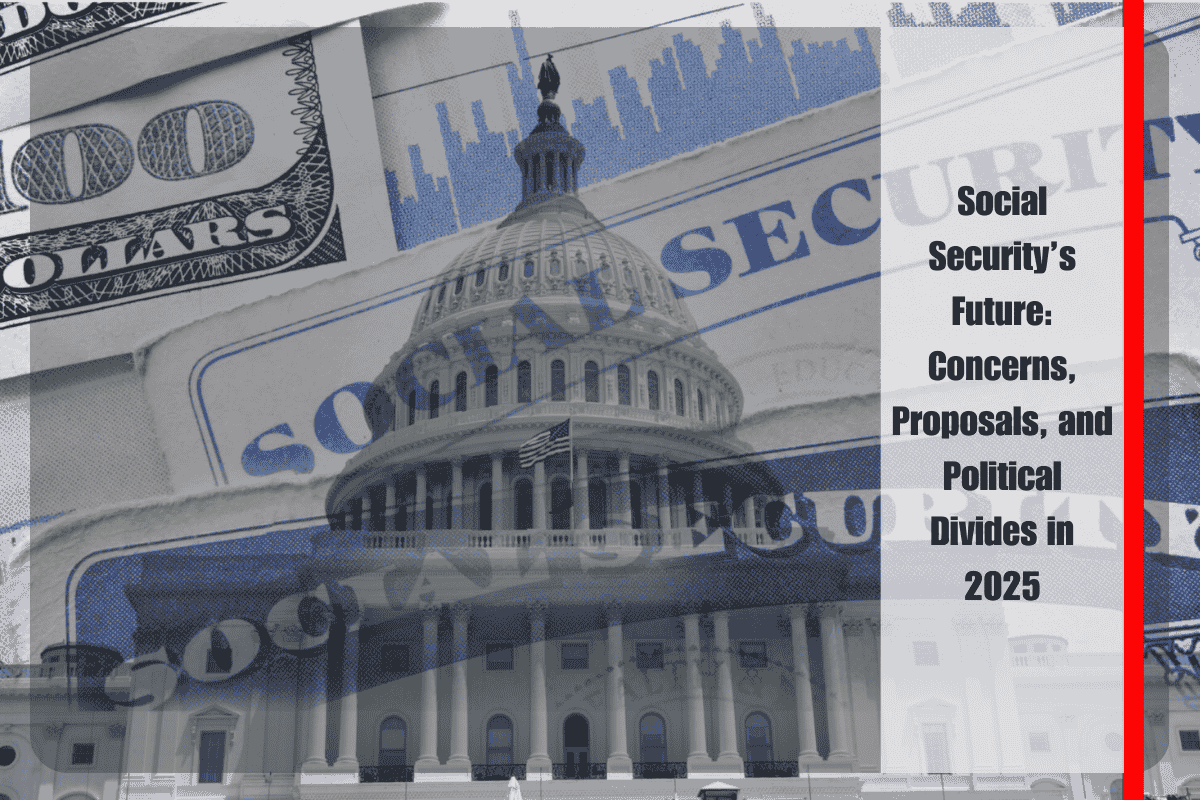Many Social Security recipients were surprised to find their July payments smaller than expected, leaving some financially squeezed. While there hasn’t been any official cut to benefit calculations, a combination of adjustments has led to reduced net payments. Understanding why this happened and what steps you can take can help you manage the situation.
Understanding the July Surprise
When retirees and disabled beneficiaries checked their bank balances or Social Security accounts in July, they noticed less money than anticipated. This wasn’t due to a freeze or rollback of benefits but rather a result of practical resets related to Medicare premiums and repayment of past overpayments. According to recent reports, the Social Security Administration (SSA) has ramped up efforts to recover overpayments after identifying $72 billion in improper payments made between fiscal years 2015 and 2022. As part of these efforts, new overpayment notices were sent starting on April 25, leading to a default 50% withholding on future monthly checks unless recipients appeal or request a waiver.
For many beneficiaries, the 90-day response window for these overpayment notifications closed on July 24. As a result, the first checks affected by these withholdings will likely show up in August. However, some recipients may have already seen their payments reduced in July, depending on the timing of the notifications and withholdings.
Why Are July Checks Smaller?
There are several key reasons why some Social Security recipients saw smaller payments in July:
Overpayment Recoupment: The SSA has increased its efforts to recover overpayments, and as part of this, it has instituted a 50% withholding rate on future monthly checks. This means that a significant portion of monthly payments is being withheld to reclaim past overpayments made to beneficiaries.
Rising Medicare Premiums and IRMAA Adjustments: Beneficiaries who are enrolled in Medicare Part B automatically have premiums deducted from their Social Security checks. Some Medicare enrollees saw midyear premium increases due to changes in income or late penalties. Additionally, those in higher income brackets may now face Income-Related Monthly Adjustment Amounts (IRMAA) based on their 2023 income. These surcharges, which will take effect in 2025, increase the amount of Medicare premiums deducted from Social Security checks.
Tax Withholding Changes: While this wasn’t as commonly cited in July, some beneficiaries may have seen changes to their tax withholding. Those with voluntary tax withholding could see adjustments to align with updated IRS taxable income brackets, which could impact the net amount of their Social Security payments.
Steps You Can Take
If your Social Security check is smaller than expected, it’s important to understand the adjustments that have occurred. Fortunately, beneficiaries have several options to address these changes:
First, review any overpayment notices you received from the SSA after April 25. These notices will outline the 90-day deadline for appealing, requesting a waiver, or negotiating a lower repayment plan. If you’re unsure about how to proceed, you can file a Request for Reconsideration to appeal the overpayment decision or seek a more manageable repayment option.
Next, check your Medicare premiums and IRMAA surcharges by logging into your account at SSA.gov. If your income has decreased due to changes in your life circumstances, you can complete and submit Form SSA-44 to adjust your surcharge and reduce your Medicare premium.
If you have tax withholding applied to your Social Security benefits, review your W4V form and consider making updates to reflect your current income. Making adjustments now could help you avoid further reductions in your monthly payments.
Broader Implications for Beneficiaries
These changes highlight a complex reality for Social Security beneficiaries. Social Security isn’t just about a fixed benefit; it’s also impacted by deductions for healthcare, taxes, and past billing errors. The combination of rising Medicare premiums, IRMAA surcharges, and aggressive overpayment recoupment efforts is affecting millions of recipients. For many, even small adjustments in premiums or surcharges can significantly reduce the take-home amount of their benefits.
With over 72 million Americans relying on Social Security and more than 57 million enrolled in Medicare, these changes can have a major impact on budgets. For some, a $200 deduction could stretch their daily living expenses too thin. Understanding how these adjustments work and taking proactive steps can help beneficiaries manage these changes and avoid financial strain.












